15 Things Older People Say That Others Don’t Get
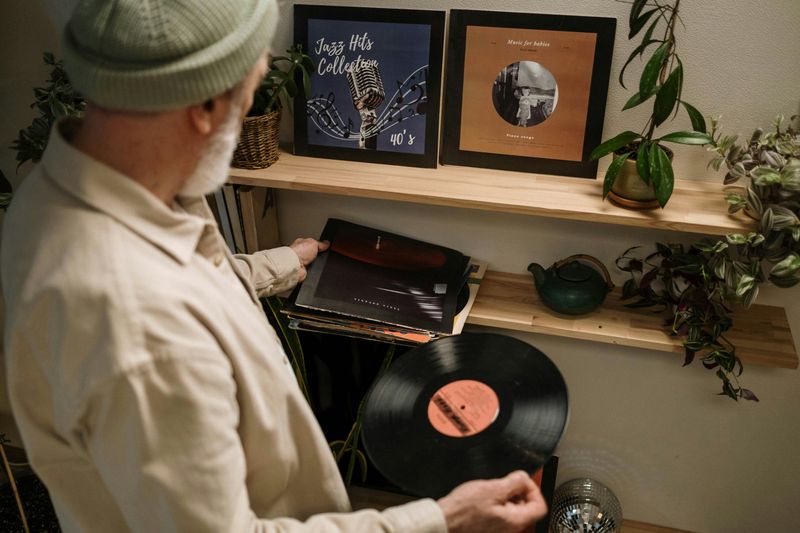
Language evolves, yet some expressions stubbornly linger in our everyday conversations. Older generations often use phrases that seem like remnants from another era, leaving younger people scratching their heads. These sayings carry nostalgia, rooted in historical contexts that are easy to forget or never knew. From radio days to the VHS era, each phrase tells a story of its time. Some expressions were born from specific technologies or cultural moments, while others have origins that are obscure yet charming. Let’s explore 15 unique and fascinating expressions that older folks say, which often leave the younger crowd baffled.
1. Don’t touch that dial!
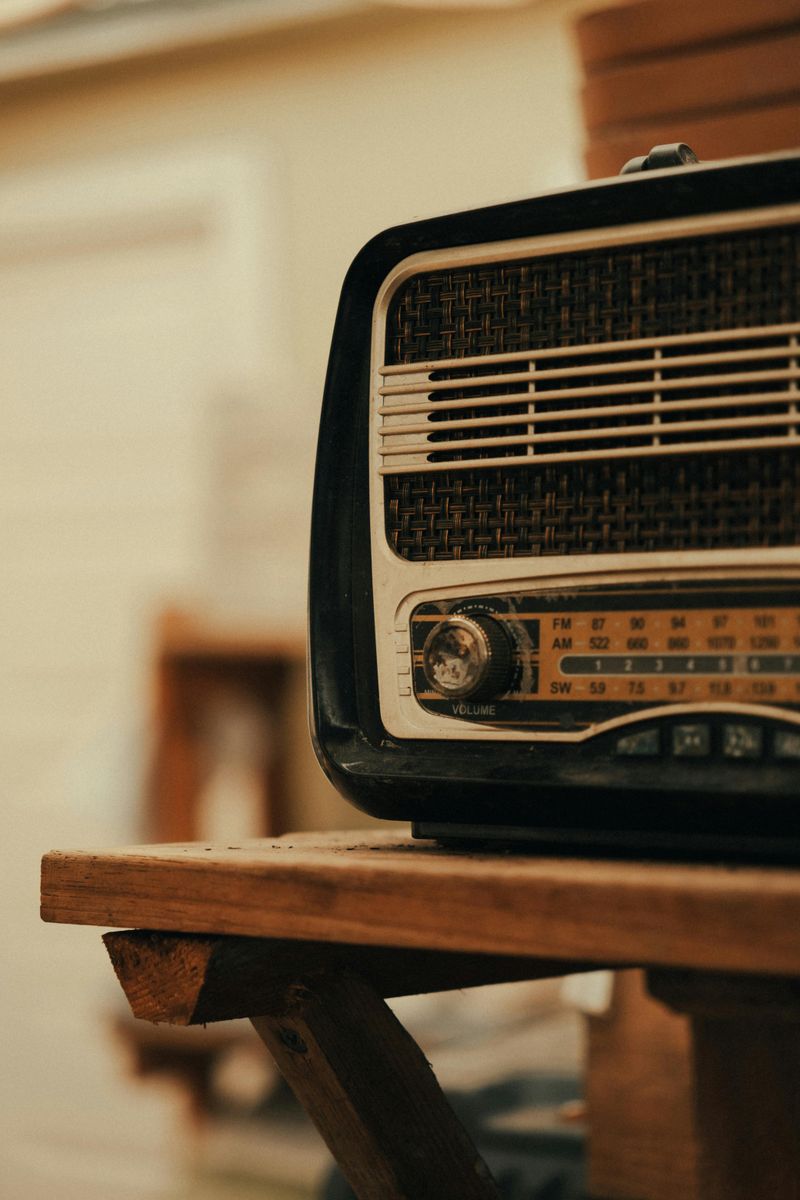
Imagine a time when the world gathered around a radio, eagerly listening to the latest news or entertainment. “Don’t touch that dial!” was a command not to change the station during an exciting broadcast.
In today’s digital age, dials have been replaced by buttons and touchscreens, making the phrase a quirky relic. Younger generations might find it amusing or confusing, as they’ve never had to physically turn a knob to change channels.
Once a staple of radio and early television culture, this saying now floats as a charming echo in conversations about staying tuned.
2. Hang up the phone.
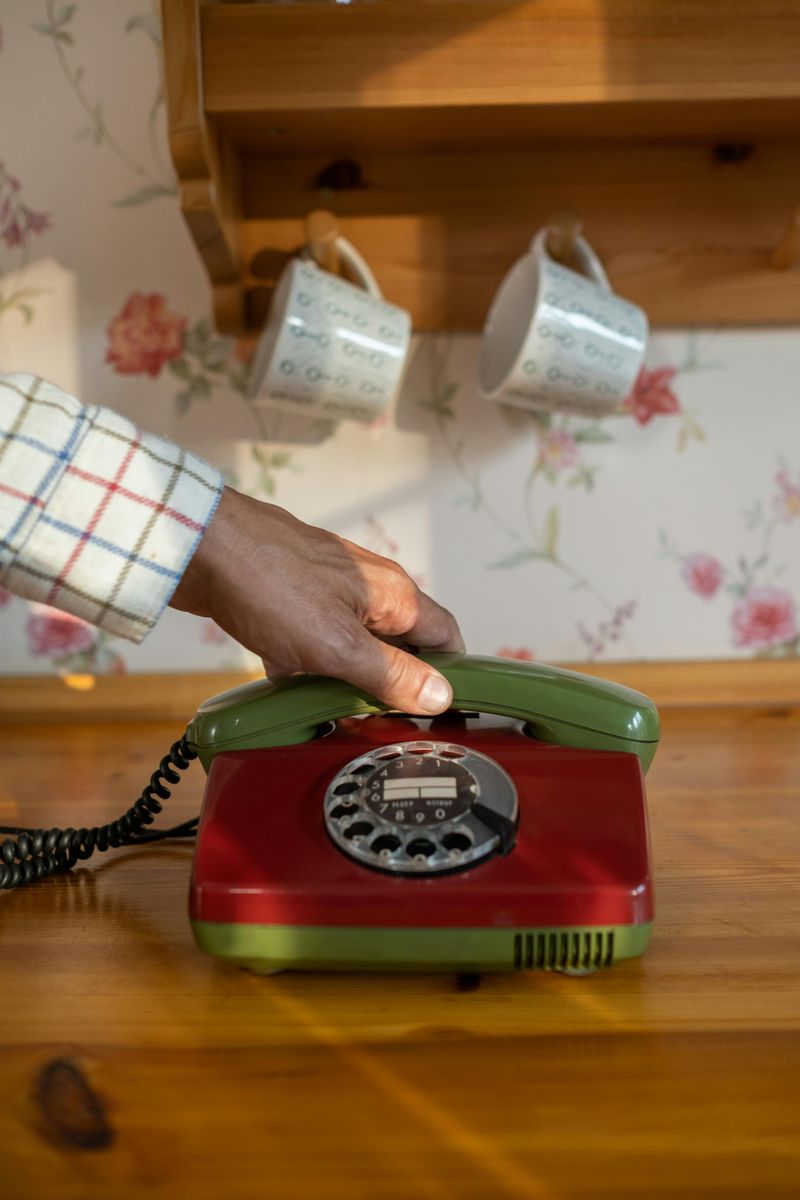
Phones once had cradles where you physically hung up the receiver to end a call. “Hang up the phone” was a literal action, unlike today’s simple tap on a mobile screen.
This phrase remains in use, even as its original meaning fades into the past. Younger people might find it curious, as they’ve never had to deal with tangled cords or heavy receivers.
Once a routine part of ending a conversation, this phrase symbolizes a bygone era, yet it continues to be a staple in our linguistic repertoire.
3. Be kind, rewind.
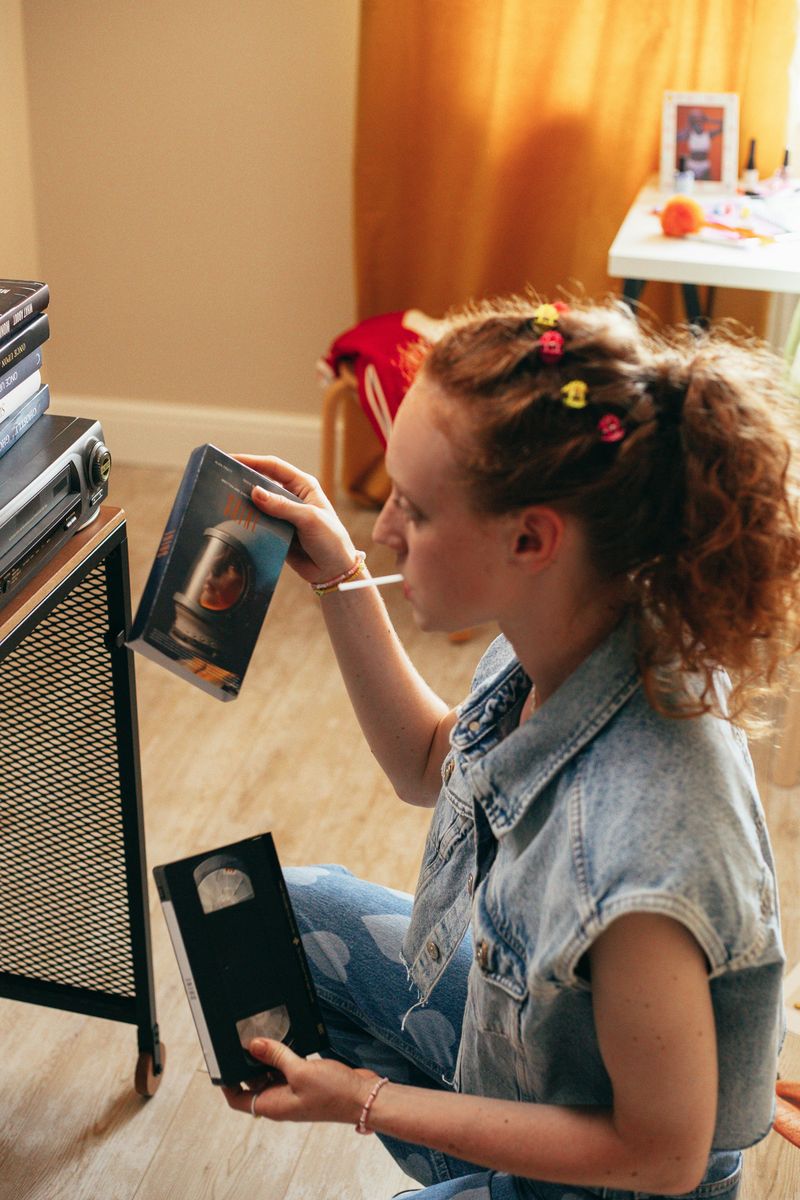
A nostalgic nod to the VHS era, “Be kind, rewind” was a polite reminder to rewind your tapes before returning them to the rental store. Blockbuster and similar chains often had this phrase plastered everywhere.
In the age of streaming, the concept is alien to many. Younger generations have never experienced the frustration of unrewound tapes or the joy of discovering a hidden scene.
Though obsolete, this phrase evokes a sense of nostalgia for those who remember the good old days of visiting rental stores.
4. Roll down the window.
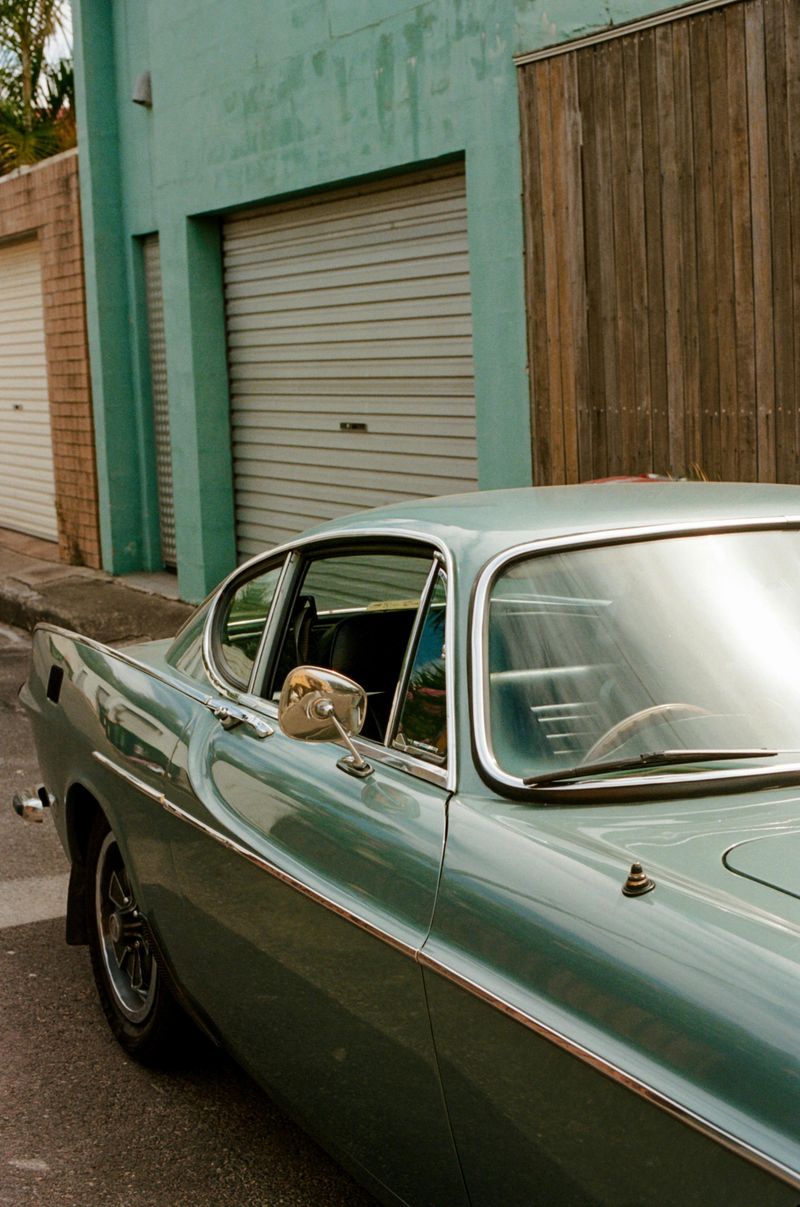
Before power windows became standard, “roll down the window” involved physically cranking a handle to lower the glass. This manual action is what gives the phrase its charm.
Today, windows glide smoothly with the press of a button, leaving the original phrase somewhat mystifying to younger drivers. Despite its outdated nature, the expression persists.
It’s a testament to how older habits and technologies can leave lasting impressions in our language, even when the actions they describe have vanished.
5. Close, but no cigar.
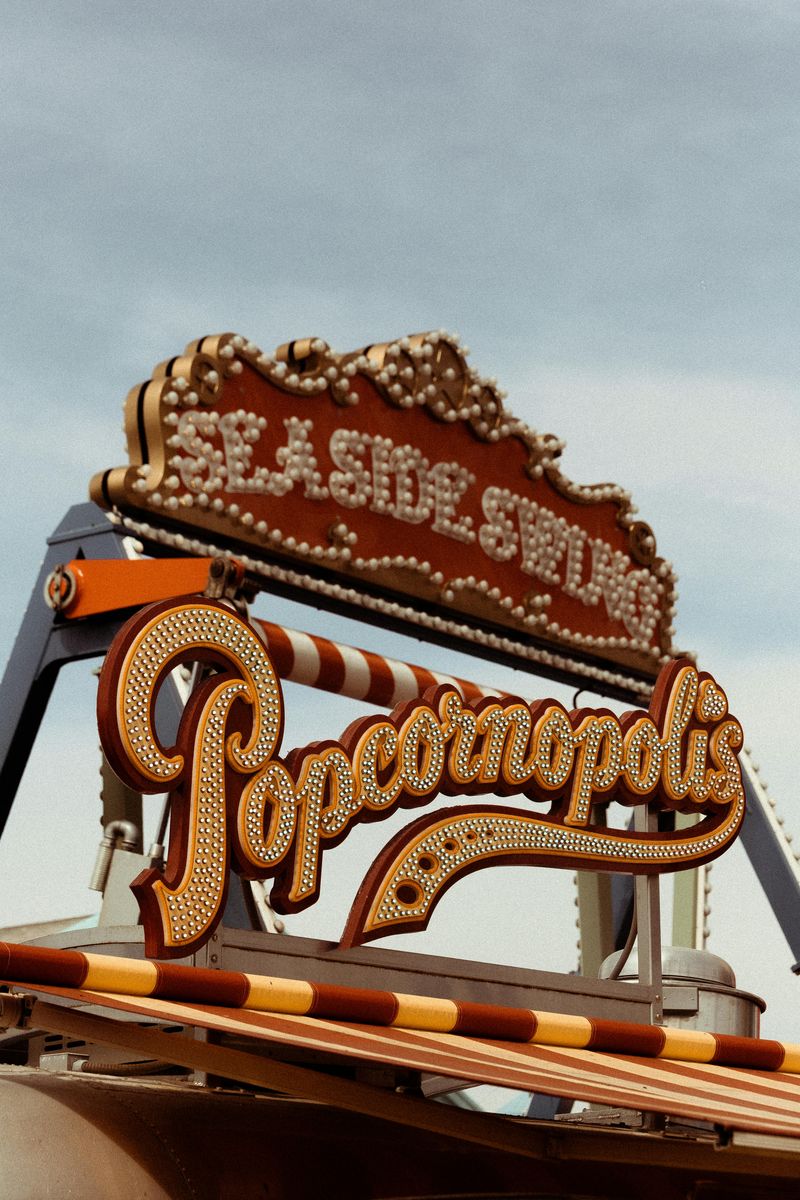
Originating from carnival games where cigars were the prize, “close, but no cigar” describes narrowly missing success. It’s a colorful way to acknowledge effort that fell just short.
To younger ears, it might sound peculiar without understanding its historical roots. The expression paints a vivid picture of the past, where winning a cigar was a big deal.
Though the context has faded, the phrase endures, providing a quirky link to times when carnivals were the height of entertainment.
6. That’s the bee’s knees!
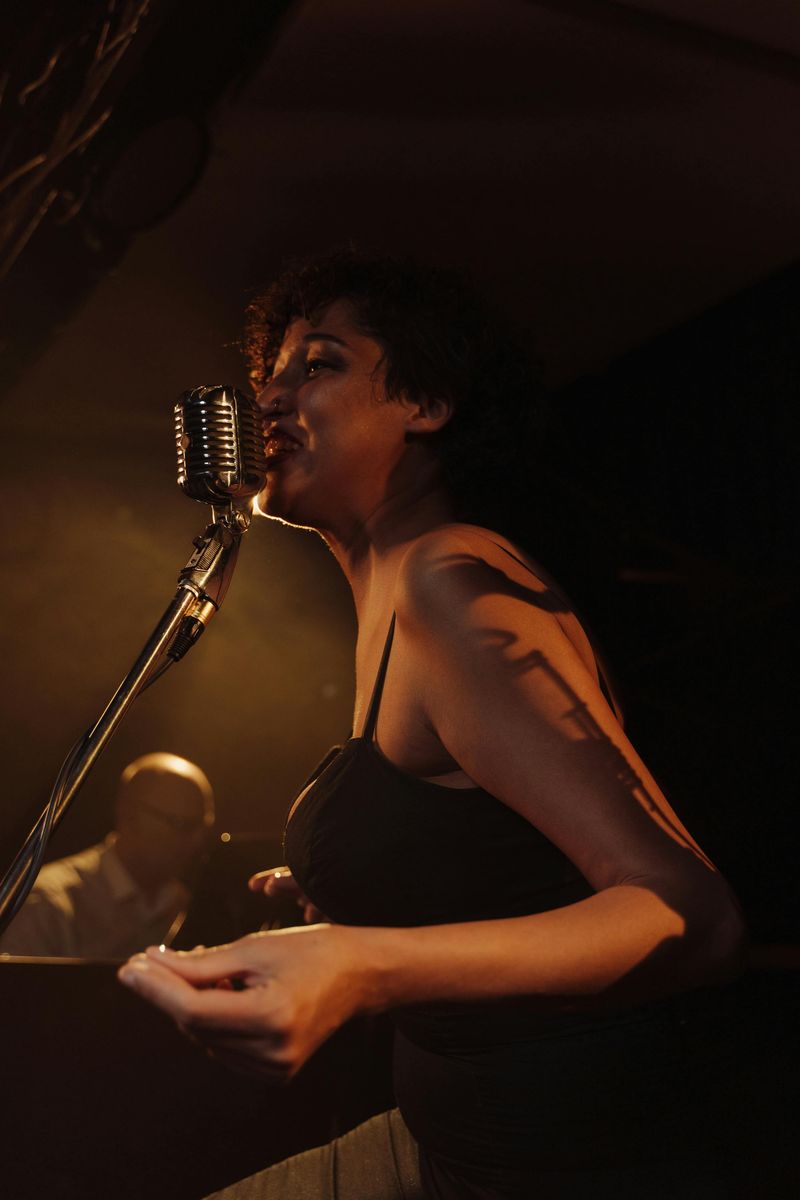
“That’s the bee’s knees!” is an exuberant exclamation from the 1920s, marking something as excellent or delightful. A product of the Jazz Age, it captures a sense of excitement.
For modern listeners, it conjures images of actual bees, making it a whimsical yet confusing phrase. Its charm lies in its playful, nonsensical imagery.
Though its origin remains uncertain, its legacy is clear: a fun and memorable way to express joy and appreciation.
7. Don’t flip your wig.
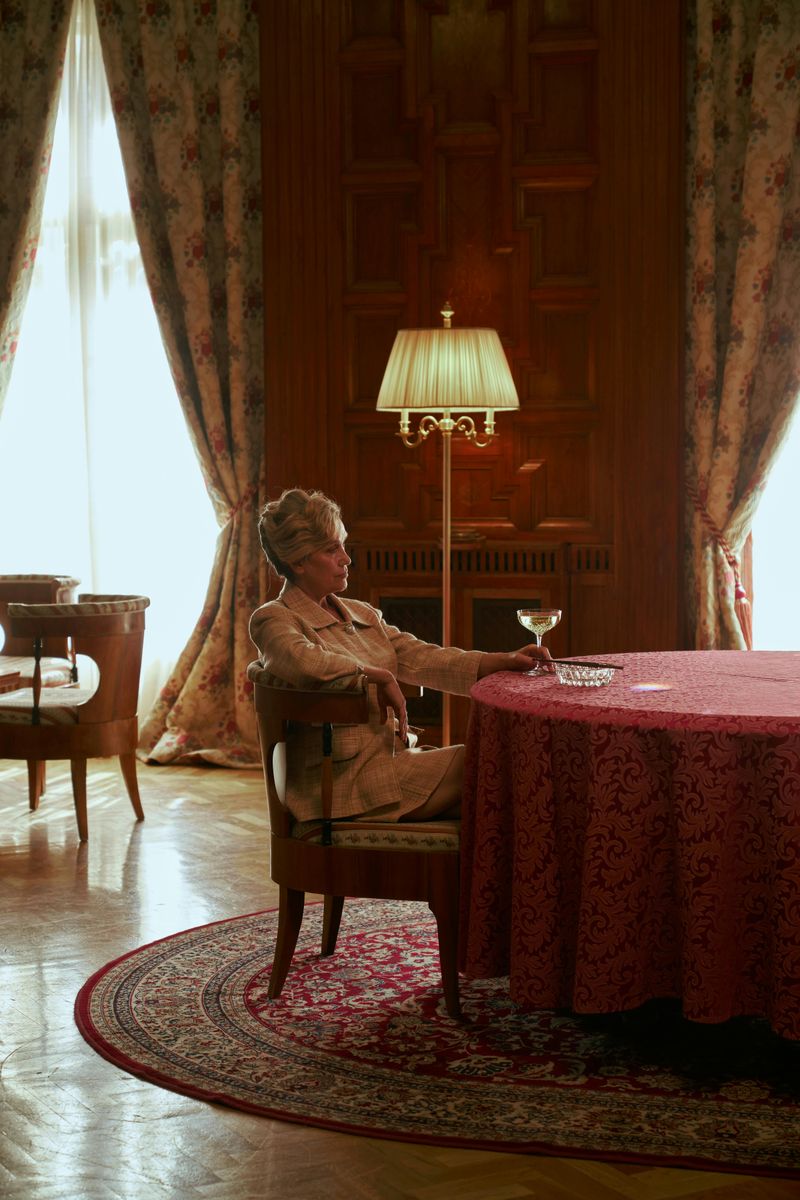
“Don’t flip your wig” is a cheeky way of telling someone not to get upset. It hearkens back to when wigs were more common, turning an ordinary reaction into a playful metaphor.
Today, it’s a quirky expression that might leave younger listeners puzzled. The phrase paints a vivid image of wigs and emotions flying, adding a humorous twist.
Though wigs are no longer everyday wear, the saying endures as a humorous reminder to keep calm and composed.
8. He’s a real wet blanket.

When someone is described as a “wet blanket,” they’re seen as a killjoy, dampening the enthusiasm of others. The phrase evokes the image of a literal wet blanket smothering a fire.
Younger people might find it amusing or odd, but the expression clearly communicates its intent. It continues to be used in various social settings.
Though its literal meaning is rarely considered, the phrase effectively conveys the idea of someone who stifles fun.
9. Put a sock in it.
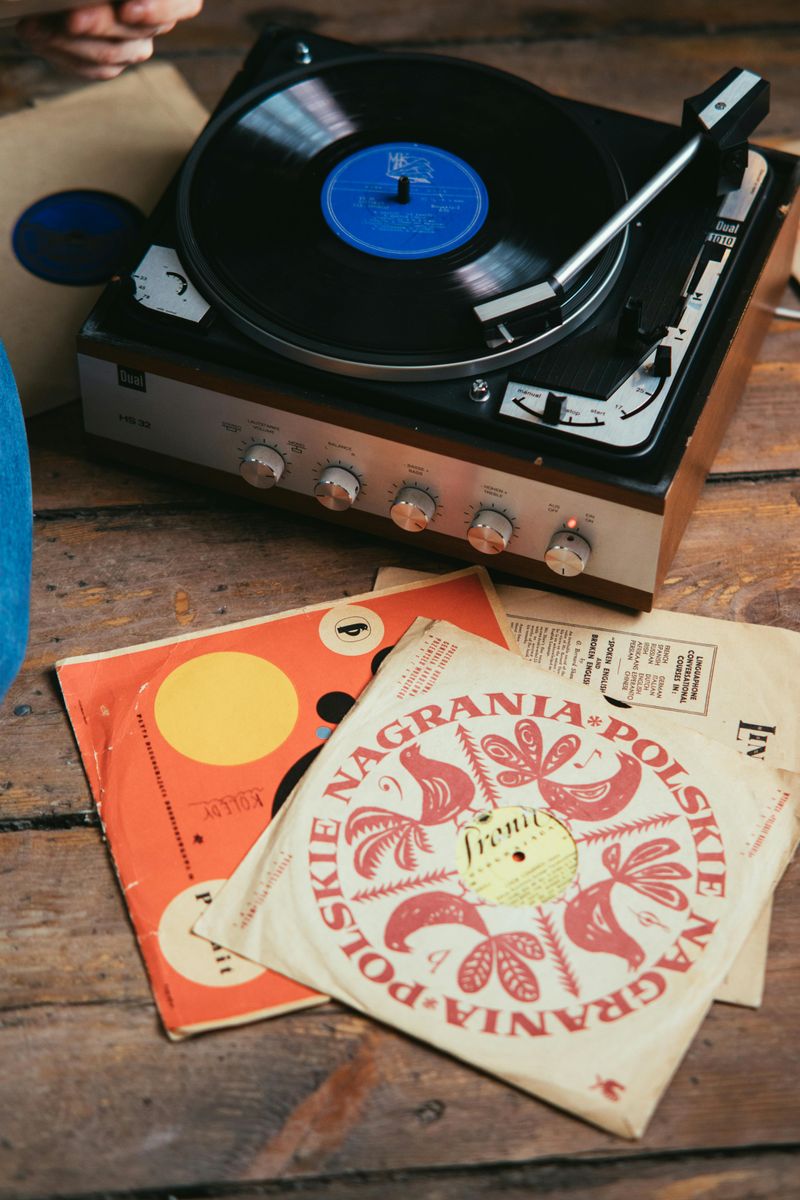
“Put a sock in it” is a colorful way to tell someone to be quiet. It supposedly originates from people stuffing socks into gramophones to muffle the sound.
For those unfamiliar with gramophones, the phrase might seem bizarre. Yet, it’s a vivid metaphor that conveys its message with humor.
Despite the antiquated imagery, it remains a playful way to hush someone, highlighting the creative language of past generations.
10. Knock your socks off.

“Knock your socks off” describes something so impressive, it metaphorically blows your socks away. Though still used today, its imagery can baffle younger folks.
The phrase conveys excitement and astonishment, capturing the essence of being truly amazed. It’s a lively expression that adds flair to any compliment.
While its literal meaning is humorous, it remains a vibrant way to express admiration and awe.
11. Don’t take any wooden nickels.
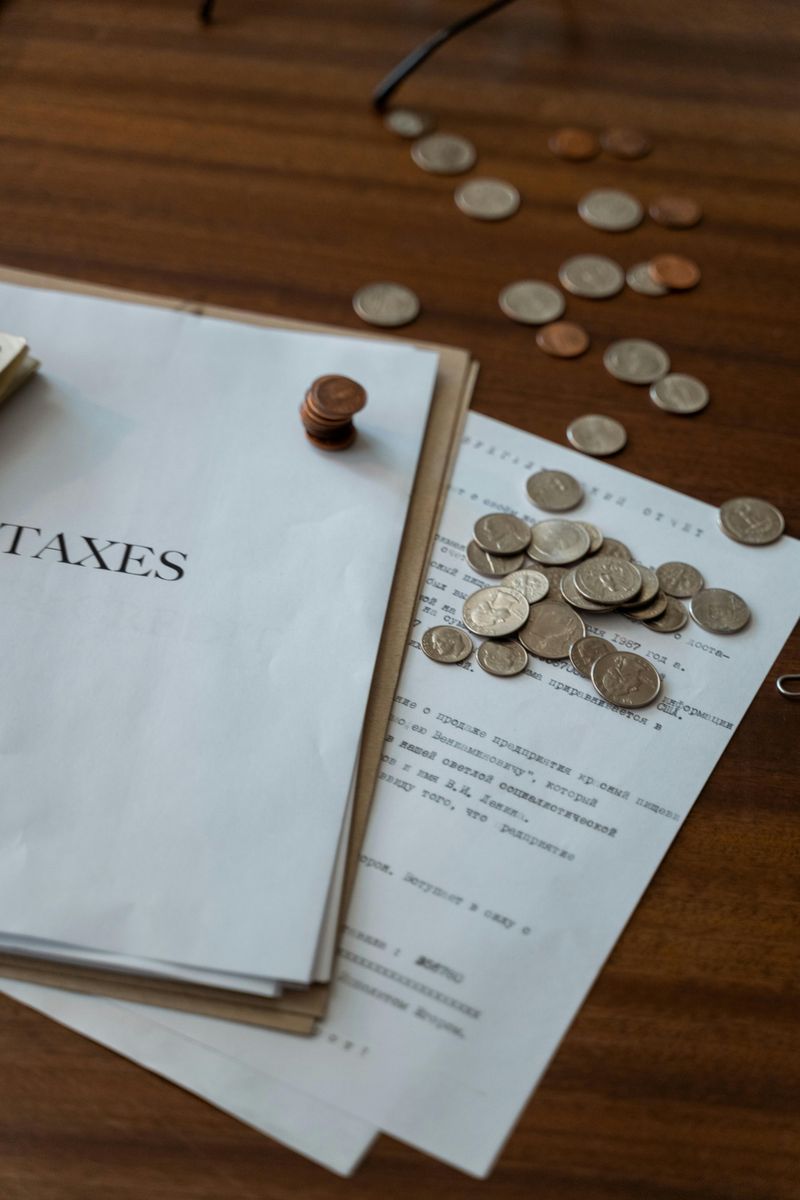
“Don’t take any wooden nickels” is a cautionary phrase warning against being deceived. Wooden nickels were once novelty coins that held no actual value.
To contemporary ears, it’s a charmingly cryptic saying, a playful reminder to stay vigilant. Its historical context adds richness to its meaning.
Despite its obscurity, it continues to serve as a whimsical warning to be careful and discerning.
12. In a jiffy.
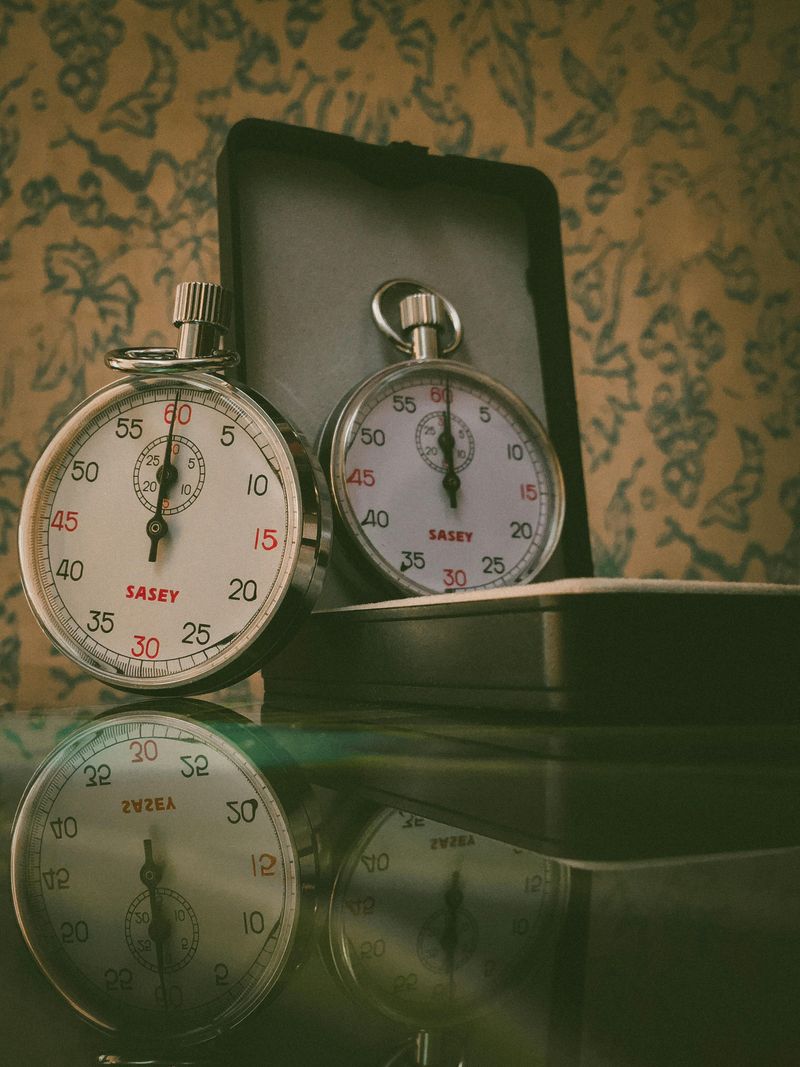
“In a jiffy” suggests something will happen quickly. Originally, a jiffy was a specific time measurement, roughly 1/100 of a second.
Today, it’s a casual way to promise speed, though the technical origin is often lost. It’s a cute expression that conveys immediacy.
While rarely thought of in its scientific terms, it remains a delightful way to indicate promptness.
13. Burning the midnight oil.
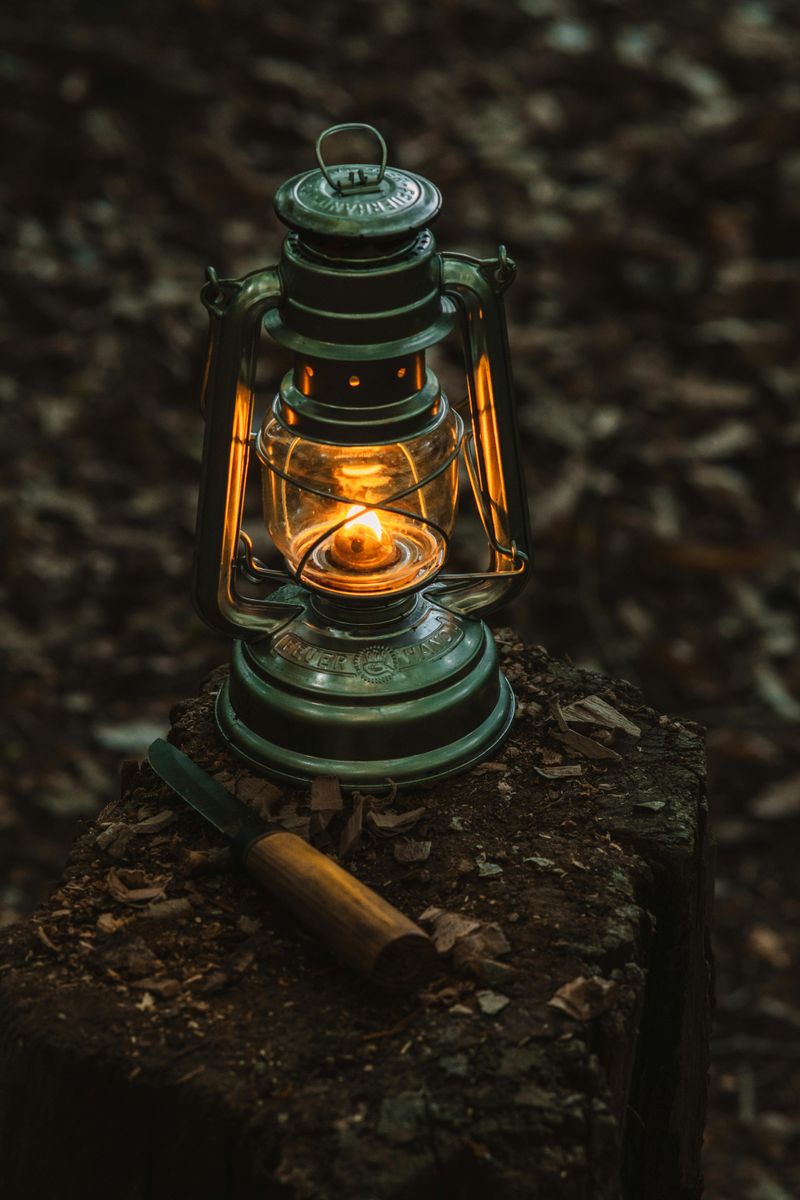
Before electricity, “burning the midnight oil” meant working late by the light of an oil lamp. It’s a vivid expression for staying up to complete tasks.
Though we now have electric lights, the phrase persists, embodying the dedication of working into the night. Younger generations may find it evocative of times long past.
It remains a poetic way to describe late-night endeavors, connecting us to our industrious ancestors.
14. Back in my day…
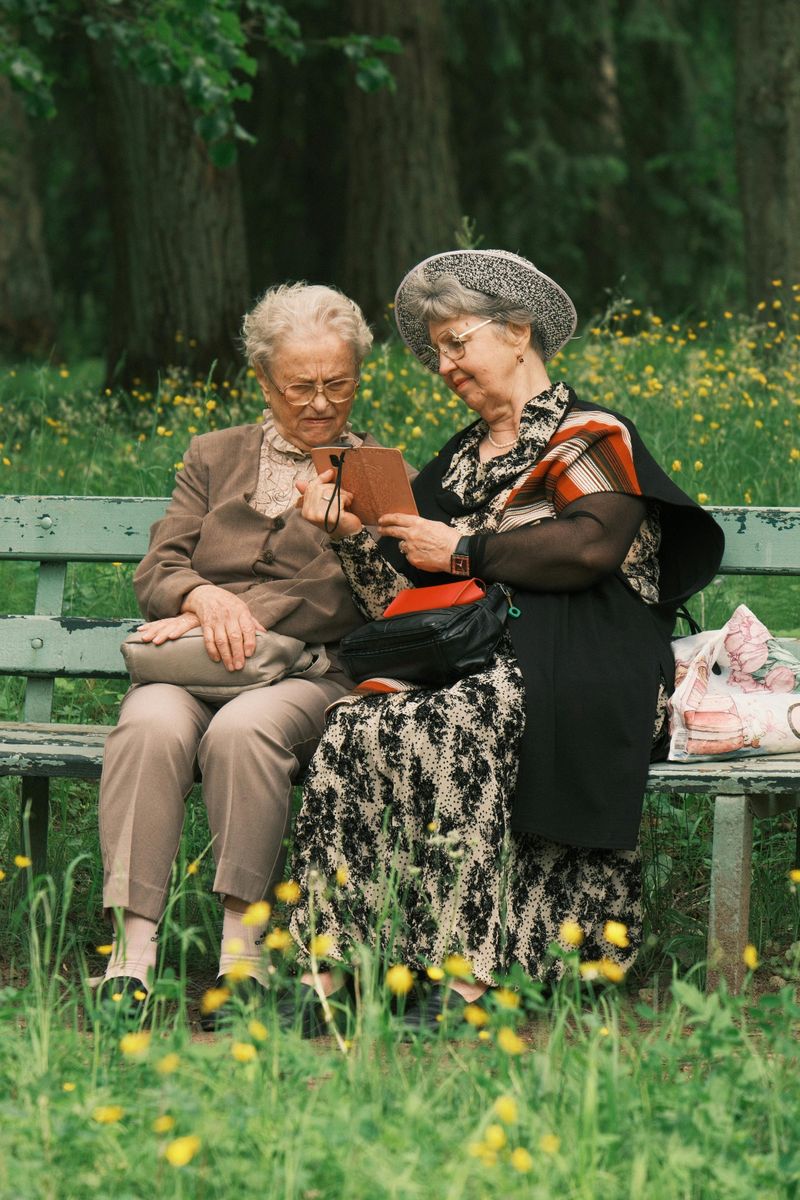
“Back in my day…” is the classic preface to stories of yesteryear, often met with eye rolls from younger listeners. It introduces tales of how things used to be.
This phrase bridges generations, offering older people a way to share experiences and wisdom, even if it’s met with some impatience.
Though it may prompt groans, it’s a beloved opener that connects past and present through storytelling.
15. What a drag!

“What a drag!” once meant something was boring or unpleasant. It’s a phrase from the 1960s that has no relation to modern drag shows.
Today, its meaning might be misconstrued, but it captures a sense of dissatisfaction in a pithy way. It’s a reflection of youth culture from a vibrant decade.
Though interpretations may vary, it remains a succinct expression of discontent or tedium.

Comments
Loading…